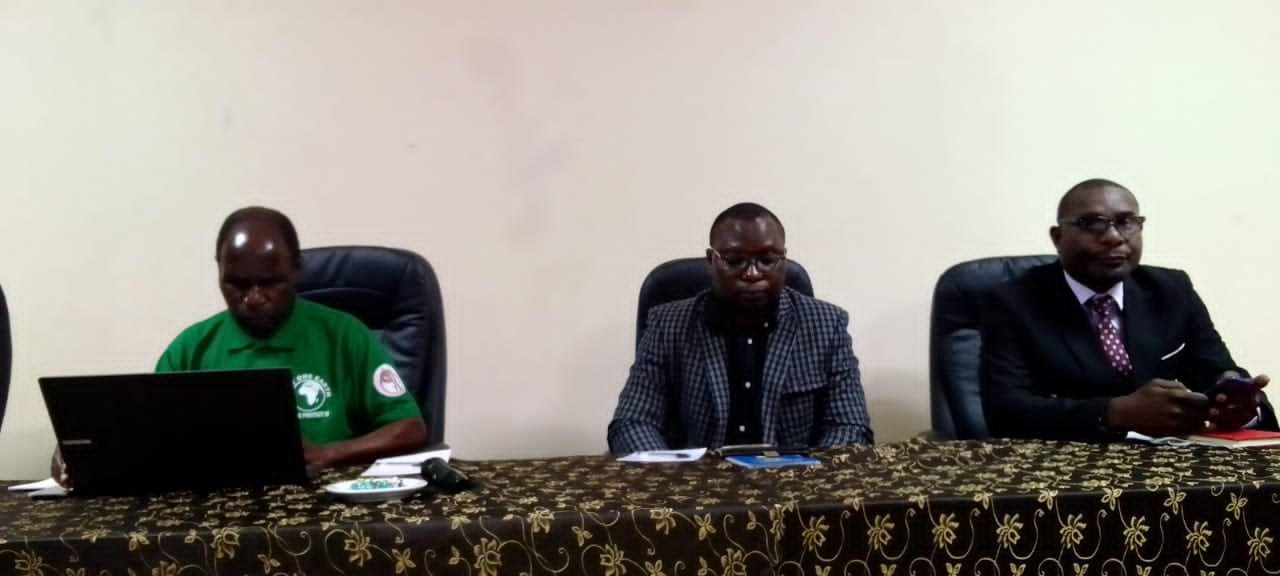Civil Society Organisations (CSOs) working in the environmental and natural resources have rallied behind the controversial Forestry Amendment Act of 2020.
The CSOs include Centre for Environmental Policy and Advocacy (CEPA), Coordination Unit for Rehabilitation of the Environment (CURE) and the Association of Environmental Journalists in Malawi (AEJ).
Among the punishments in the Act that have stirred heated debate include increased fines of up to K5 million kwacha or 10-year jail term to a person found producing, processing, trafficking or selling charcoal without permit.
But addressing the media in Blantyre, the CSOs have assured Malawians that the law has been developed to support ongoing efforts in the management of forest resources for the benefit of current and future generations.
Speaking on behalf of the CSOs, CEPA Executive Director, Herbert Mwangomo, said the CSOs are aware that Malawians are already struggling to access clean energy.
Mwangomo said: “We hope the people of Malawi will understanding that this law was created to facilitate the sustainable management of the country’s forest resources for the benefit of current and future generations. At this point, it’s a suicide mission to open up our forests, as doing so would set off a cascade of crises that would be extremely challenging to manage.”
The CSOs have also downplayed perception that charcoal production and use is banned saying the Act only prohibits production of charcoal without a licence.
On the concerns of challenges that Malawians face regarding energy, access to arable and residential land, and access to cleaner cooking technologies, the CSOs have called on the Office of the President and Cabinet to convene an energy accelerator lab, to bring together all stakeholders to come up with a plan of increasing availability of alternatives to illegal charcoal for immediate action.





